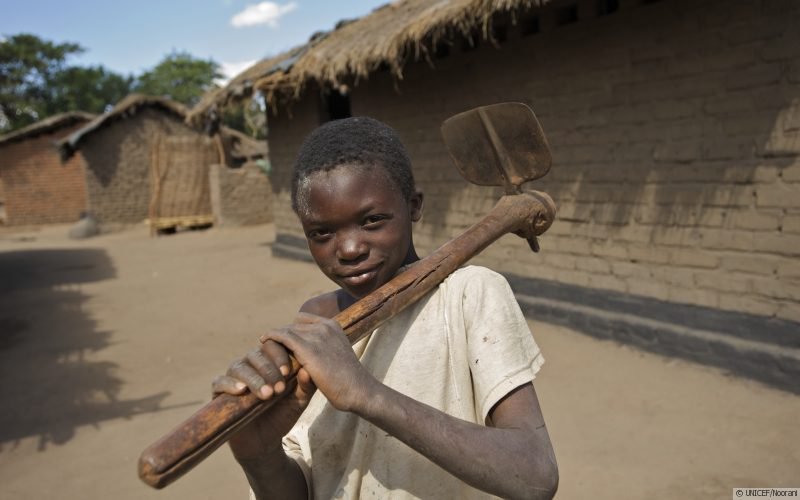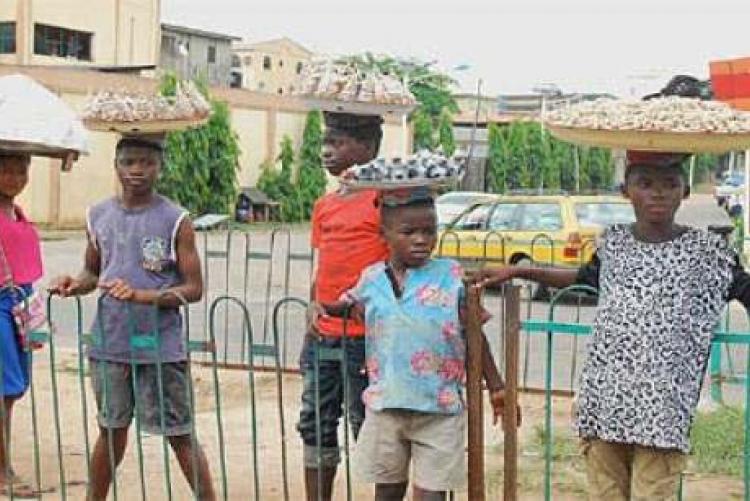Child’s Work: Changing conceptions of children’s agricultural work in Africa from the abolition of slavery to the modern day

Contributions are sought for an online workshop on child labour and agriculture in Africa from the abolition of slavery to the present. Throughout this period, children’s labour has been integral to agricultural systems, from small scale subsistence agriculture to large scale and commercial farming. Forms of ‘child labour’, meaning exploitative and harmful employment practices for children, have occurred across these systems and have endured over time, even as child labour in other sectors has been criminalised and targeted for eradication. This workshop will explore why child labour in agriculture in Africa has often been considered as either acceptable or beyond the bounds of regulation. It will consider whether we can speak of a ‘moral economy’ of African children’s employment in agriculture, exploring what work is considered child’s work and how cultural and legal conceptions of ‘good’ and ‘bad’ work for African children have changed over time.
The workshop will include a variety of presentation formats and the organisers seek short position papers, research ideas, interventions and concept notes, reflecting diverse chronologies, geographies and disciplinary approaches. Topics might include, though are not limited to:
- Historicising labour patterns in agriculture: types of labour, who does what work, who assigns work, and the age and gender dynamics of these processes
- The political economy of child labour in agriculture, including how child labour shifted during the transition from slavery to ‘free’ labour, the development of colonial capitalism, and as a result of neo-liberal economic reforms
- The ‘moral economy’ of child labour in agriculture: what this looks like to different actors, what is considered acceptable and what is considered exploitative work, and how this changes over time
- How children’s roles in agriculture are conceptualised from the bottom up (e.g. by children, parents/guardians, communities) and from the top down (e.g. by African elites, colonial officials, missionaries, international organizations)
- How child labour in agriculture is conceptualised in legal terms and how legal norms around children’s employment have endured and changed over time
Please submit proposals of around 250 words to childlabourinafrica@gmail.com by 14 March 2021. The workshop will be hosted by the British Institute in Eastern Africa (BIEA) online on 16-18 June 2021. The workshop will focus on the presentation of work and ideas at various stages of development, and aims to foster collaborative conversations and support the (co-)development of future research and potential outputs. Crucially, it seeks to foster cross-disciplinary research and engagement and to bridge the ‘silos’ into which scholarship and policy development on child labour in Africa has often fallen.
The workshop is organised by Sacha Hepburn (Birkbeck, University of London) and Christine Whyte (University of Glasgow), and sponsored by the Leverhulme Trust.





